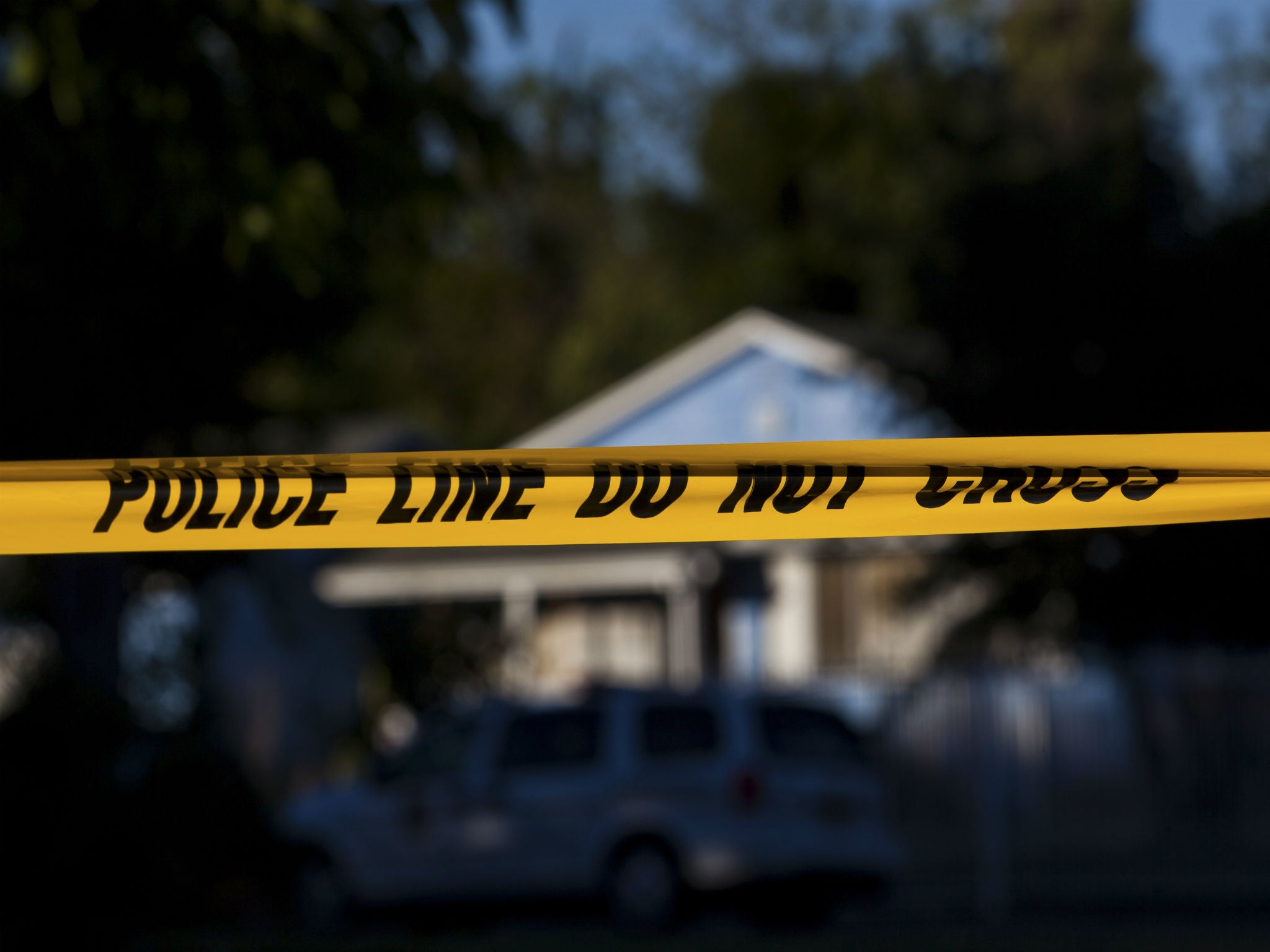Police use controversial ‘bait truck’ in Chicago to lure potential thieves
'These are not tactics that would be used in other neighbourhoods and other parts of the city,' says a spokesperson for the ACLU in Illinois

Chicago and railroad police have come under fire after a viral video showed officers conducting an apparent so-called “bait truck” sting operation used to lure potential burglars.
A video published to Facebook, shot by local Chicago community activist Charles McKenzie, shows a white unmarked truck parked nearby a group of police officers. In the video, people can be heard criticising the police, calling attention to the officials’ use of a “bait truck” loaded with goods in their neighbourhood.
The viral video of the “bait truck,” parked in the predominantly black neighbourhood of Englewood, has further shed light on an already strained relationship between police and the black community Chicago.
Earlier this year, Black Lives Matter and a coalition of community groups reached an agreement with the city, allowing community groups to provide input into potential police reforms.
“It’s a set-up, it’s a bait truck,” one person said of the vehicle.
“You wouldn’t have done it in your neighbourhood,” another added.
Last weekend, more than 60 people were shot across Chicago, leaving 12 people dead. Officials asked for residents of the city to "put down their guns".
In a statement to The Independent, the Chicago Police Department said the operation was conducted by Norfolk Southern Railroad, a transportation company that has its own police force.
“The operation was conducted by the Norfolk Southern Railroad Police,” the statement read. “[Chicago Police Department] assisted with enforcement as necessary.”
But Chicago Police Superintendent Eddie T. Johnson had acknowledged in a press conference that its department will take a “hard look” at its involvement in the operation.
“At the end of the day, just because it's out there and it's not yours, that doesn't mean you're supposed to take it,“ Johnson said. ”But as Chicago Police Department, we're going to take a hard look and see if there's something we can do better.“
The Norfolk Southern Railroad police did not immediately returned The Independent’s request for comment. But a spokeswoman for Norfolk Southern Railroad defended the operation in a statement to CBS.
“In the recent past, individuals broke into parked freight containers in the Chicago area, stealing a range of consumer goods, to include guns and ammunition in transit,” said Susan Terpay. “Norfolk Southern has the responsibility to ensure the freight we are transporting is safely delivered and does not pose a risk to the communities in which we operate. This week’s police operation was intended to directly combat such unacceptable thefts.”
Ms Terpay told CBS that three people had been arrested as a result of the operation.
Mr McKenzie had noted in the video that the truck in question was targeting young people as they were filled with sneakers and parked nearby a basketball court. Ms Terpay had denied that police were targeting the youth and denied that the truck was placed near a basketball court – though she could not specify how far away the nearest court was from the truck, Vox reported. Ms Terpay has also denied that the "bait truck" was left open and that the goods were allegedly not visible from the street.
Ed Yohnka, director of communications and public policy for the American Civil Liberties Union of Illinois, told The Independent that “bait truck” tactics are not helping to resolve issues surrounding the policing practices in communities of colour.
“These are not tactics that would be used in other neighbourhoods and other parts of the city,” he said.
Mr Yohnka also called attention to research that has revealed disparities in the way American police patrol predominantly white neighbourhoods compared to neighbourhoods primarily of black people or people of colour. Stop and frisk, a practice where police officers stop a suspect for reasonable suspicion that person is armed or dangerous, has been ruled unconstitutional in New York for racial discrimination found in the program.
“They don’t stop and frisk people in white neighbourhoods,” he added.
Join our commenting forum
Join thought-provoking conversations, follow other Independent readers and see their replies
Comments